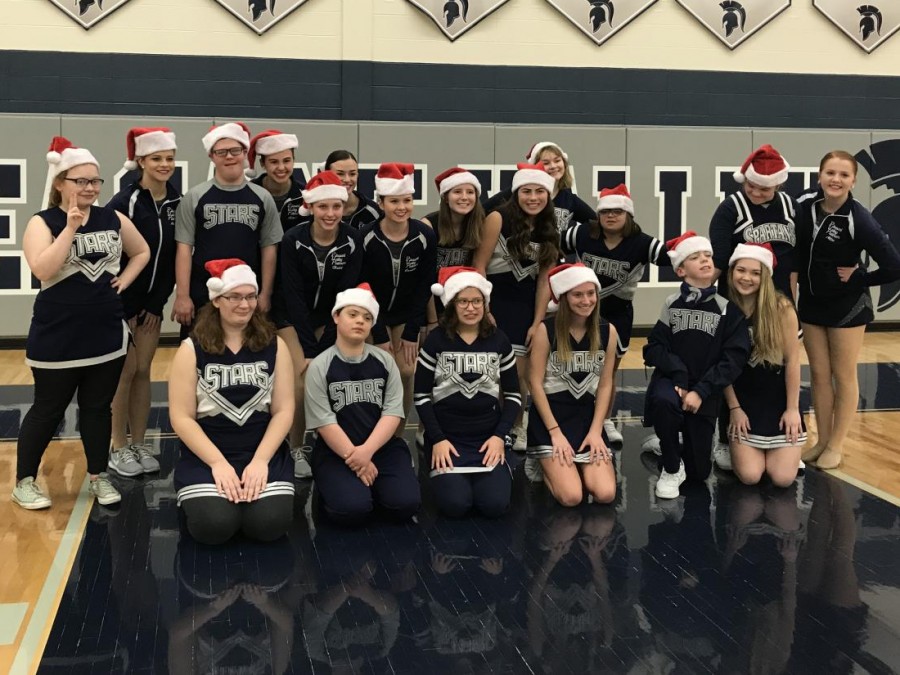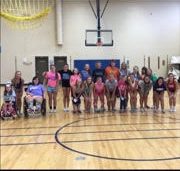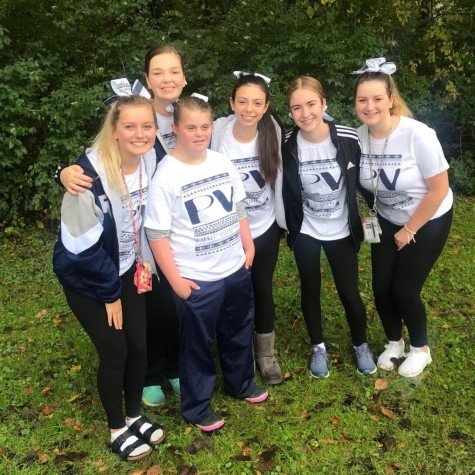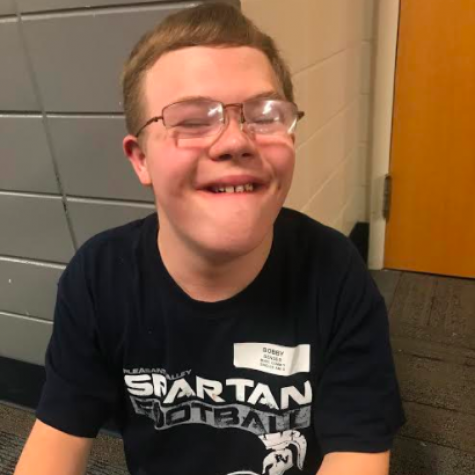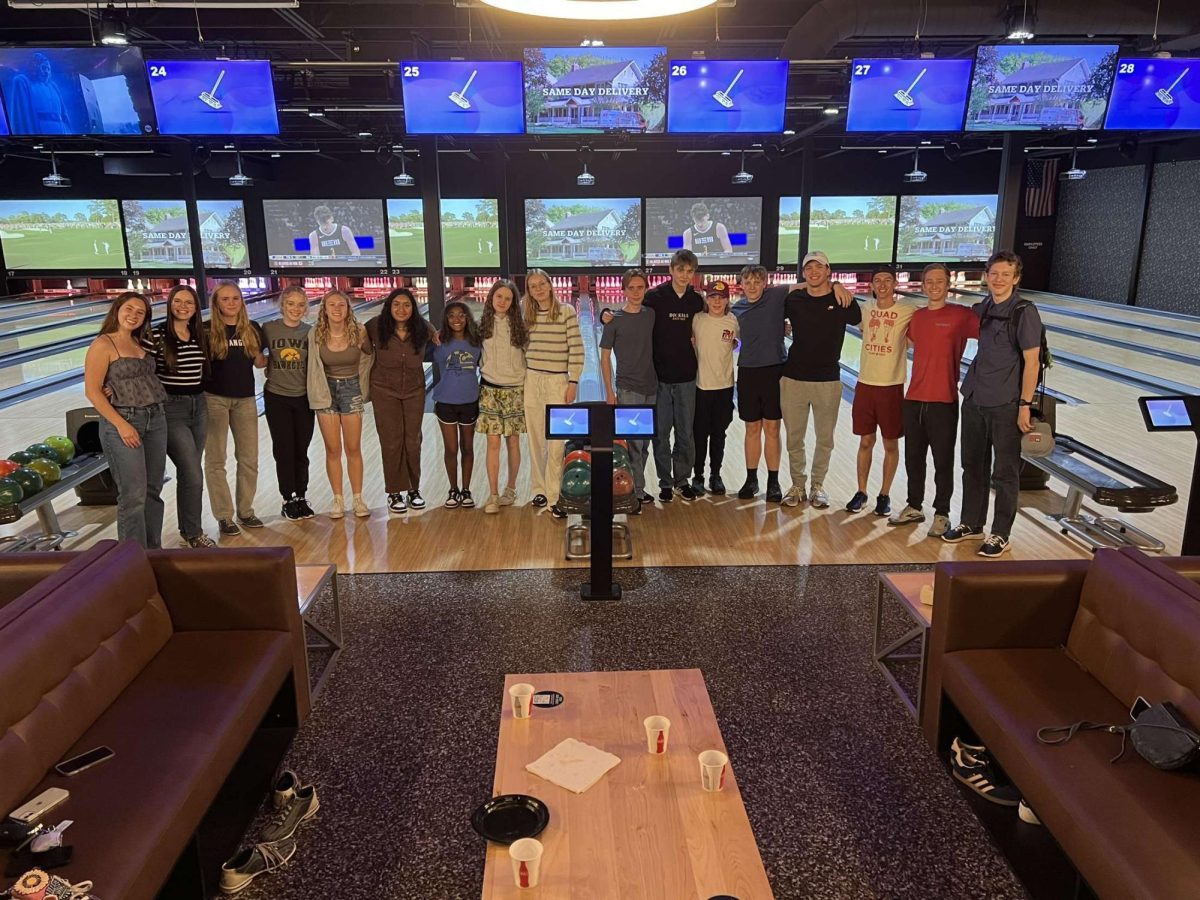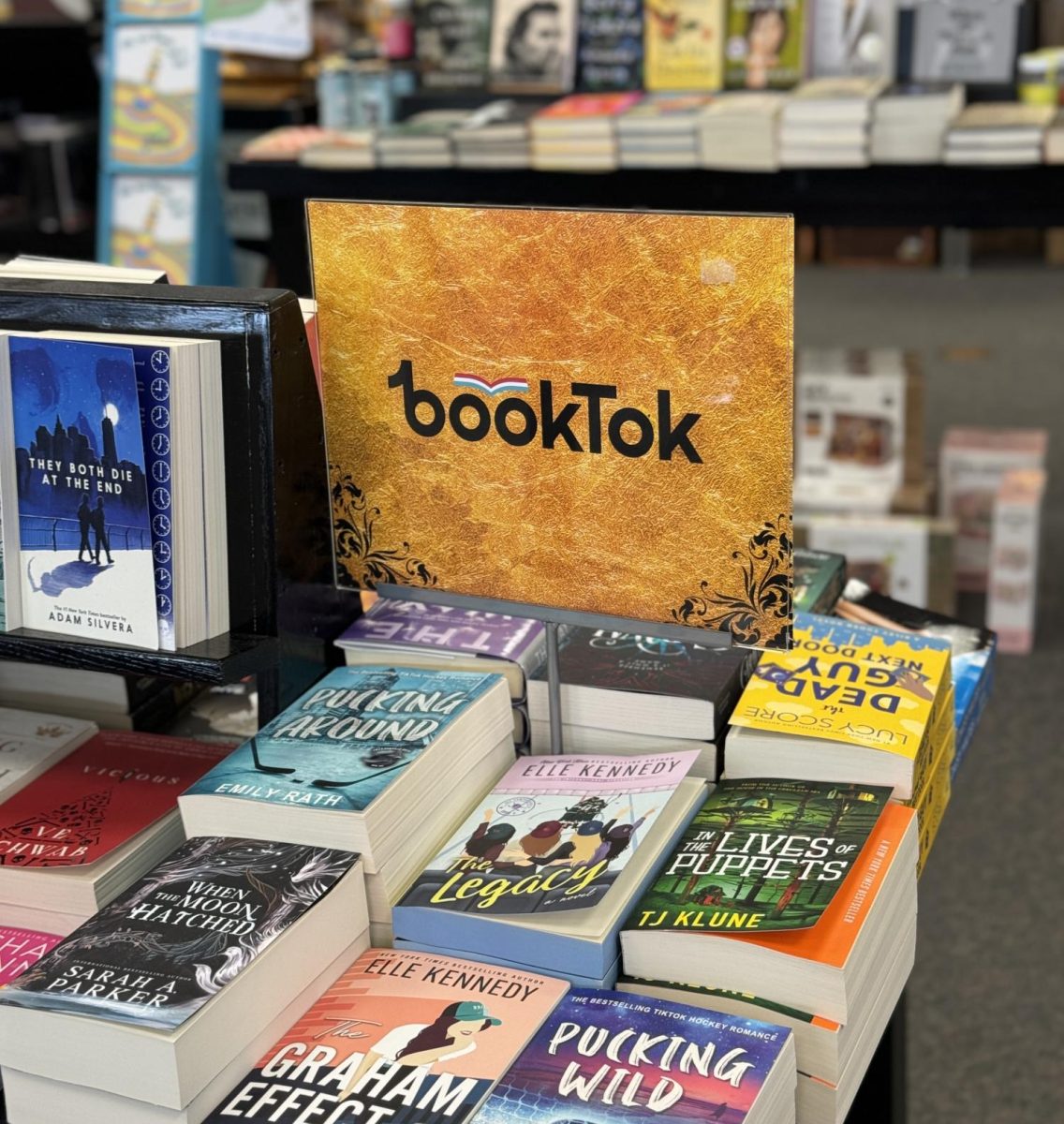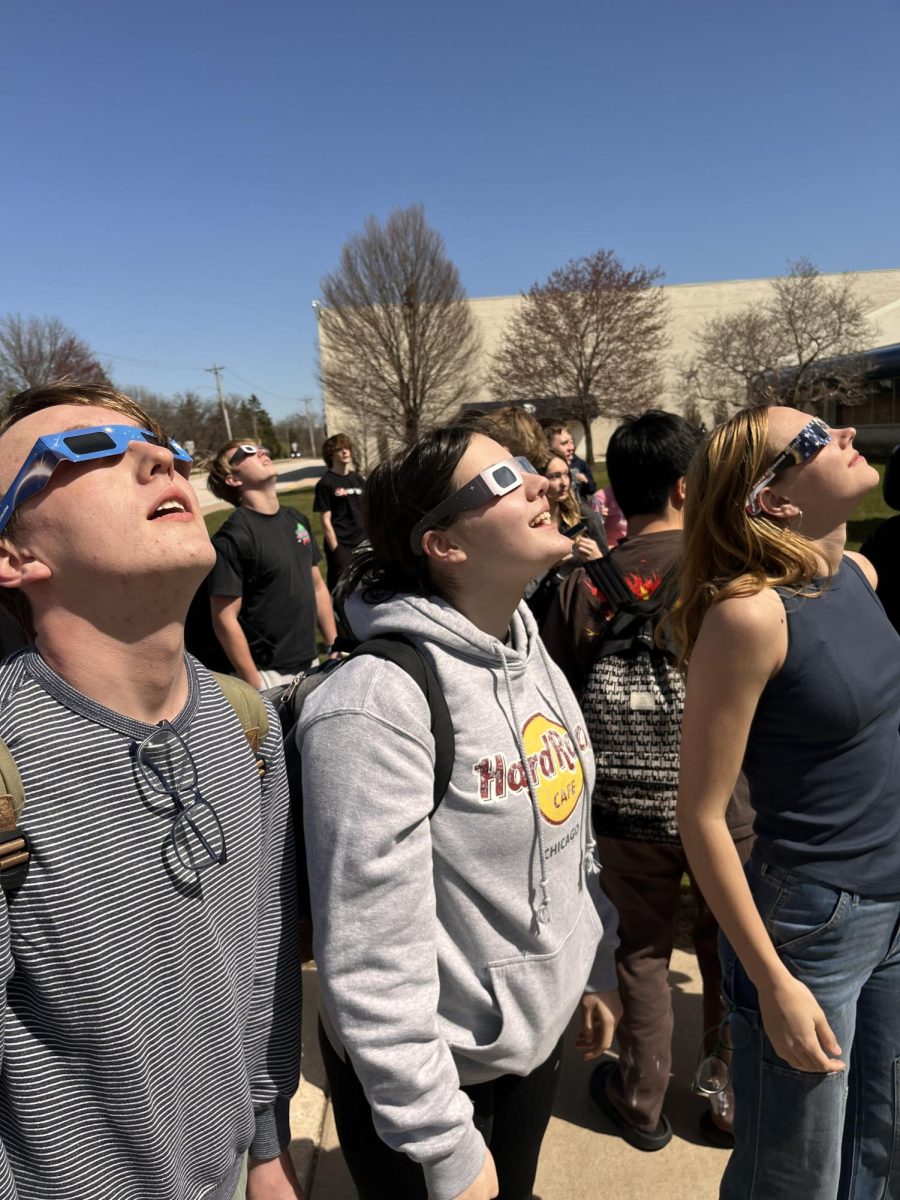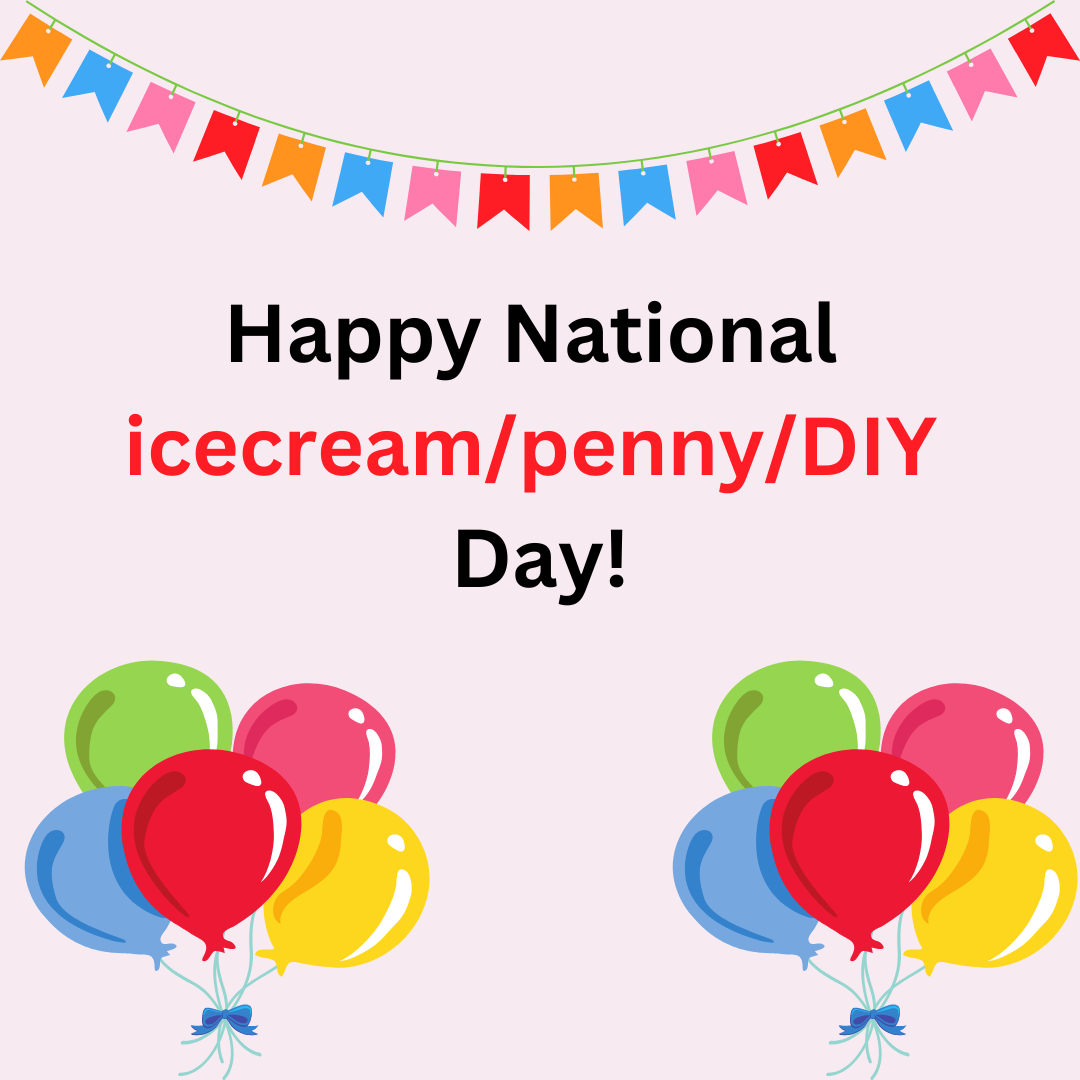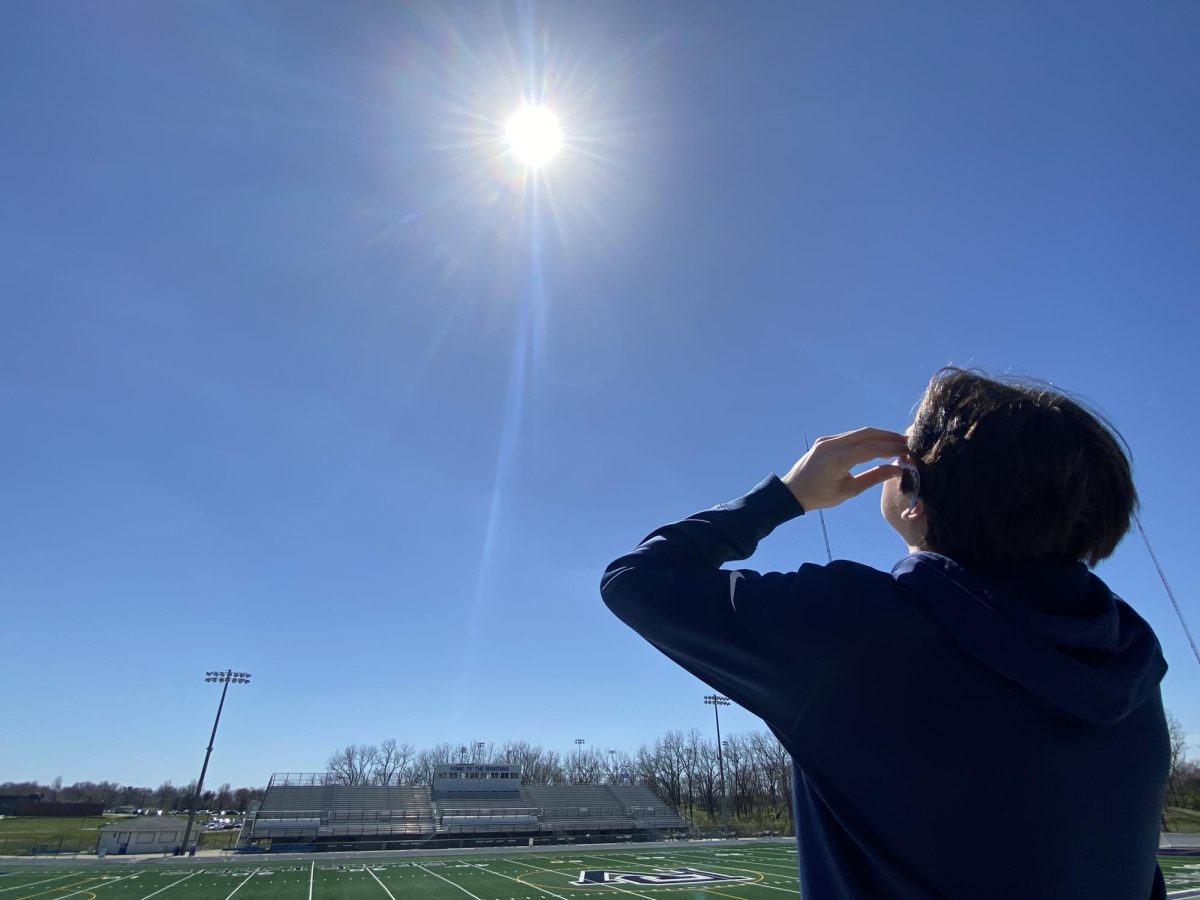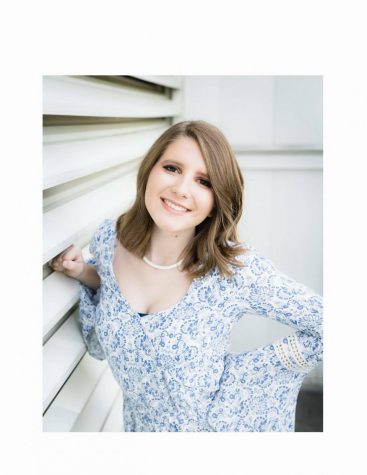Educating students on different oppressed groups, specifically disabled people, has greatly improved throughout the years at Pleasant Valley School District.
However, despite the improvement of teaching students about disabilities, many still use ableist language and disability metaphors.
Ableist language is a word or a phrase that devalues people who have disabilities, which suggests people with disabilities are abnormal. This language is harmful to those with disabilities and can be easily be replaced with better terms.
One having a disability does not define them; it is a part of who they are, but it is not all of who they are. The Sparkle Effect emphasizes on correct usage, “Always put the person before the disability,” they said. For example, instead of saying “wheelchair-bound”, “special needs”, or “autistic student”, say “uses a wheelchair”, “individual with disabilities”, or “student with autism”.
Members of both the Spartan Sparkles cheer team and the PV Shining Stars dance team must complete training with The Sparkle Effect organization on implementing an inclusive environment for all students. The students are taught the importance of using correct terms and language.
The PV Shining Stars dance team’s co-captain, Abby Olderog, emphasized the importance of the language that was taught to her. “The Sparkle Effect has taught me the importance of how language truly has an effect on people. Everyone has feelings, and being a Stars team member for the past few years, I have seen multiple times how language can affect those around me,” she said.
Here are some examples of ableist language, in order to avoid using them in the future: “retarded”, “crippled”, “blind”, “deaf”, “invalid”. If one is using a word that refers to a disability in a descriptive sense to suggest that something is weird, bad, strange, or unacceptable, consider using these different terms instead.
If something is frustrating or annoying, instead of saying “that’s retarded”, instead replace it with these terms: frustrating, pointless, irritating, obnoxious. Instead of saying “deaf to” or “turn a deaf ear to”, use the following words: willingly ignorant, turning their back on, deliberately ignoring.
Olderog believes that educating students on how to avoid this negative stereotypical language is important. “No one should feel less than what they are worth and no should use their language to make one feel that way, either on purpose or accident, and knowing how to avoid that is very important,” she said.








